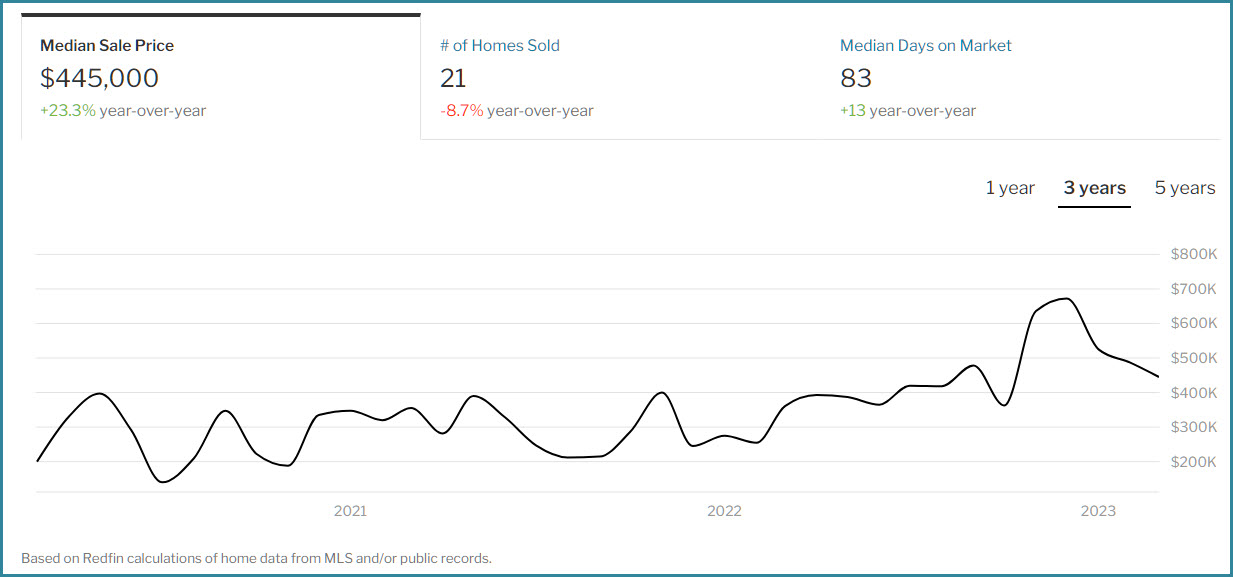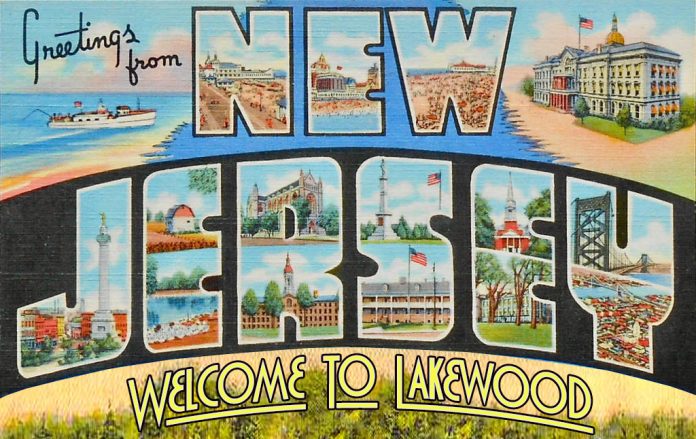New Jersey is the number one “most moved from state” for the fifth year in a row, according to a survey from United Van Lines. According to the results of the study, which tracks the company’s exclusive data for customers’ state-to-state migration patterns. For the fifth consecutive year, the study found that more residents moved out of New Jersey than any other state.
New Jersey is a state that’s facing some serious financial problems. The state has one of the highest tax burdens in the country, and it’s only getting worse. In 2016, New Jersey enacted a gas tax increase of 23 cents per gallon, and there have been rumors of more tax increases to come. New Jersey.
County, municipal and school budget costs determine the amount of property tax to be paid. A town’s general tax rate is calculated by dividing the total dollar amount it needs to raise to meet local budget expenses by the total assessed value of all its taxable property. An individual’s property taxes are then calculated by multiplying that general tax rate by the assessed value of his particular property. Because of New Jersey’s strong “home rule” concept of government, the State does not participate in the making of local budgets, nor does it receive any of the property taxes collected.
It’s not surprising that people are moving out of New Jersey in droves. But….
Lakewood is the Exception
The latest U.S. Census Bureau estimates show out-migration in North Jersey helped spur another decline in the state’s population last year, but tells a whole different story for Lakewood.
Housing Prices Are Up. New Mortgages Are Down.
In March 2023, Lakewood home prices were up 23.3% compared to last year’s median price of $445K. On average, the number of homes sold in the US was down 22.9% year over year and there were 7,193 homes sold in March this year, down 9,327 homes sold in March last year. The median days on the market was 47 days, up 7 year over year.
On average, homes in Lakewood sell after 83 days on the market compared to 70 days last year. There were 21 homes sold in March this year, down from 23 last year.

Quick Facts: Lakewood township, Ocean County, New Jersey
The Census Bureau’s Population Estimates Program calculated that the township’s population was 138,070 in 2021.
POPULATION BY AGE GROUP
| 1 to 4 years | 423187 |
| 5 to 17 years | 1504676 |
| 18 to 24 years | 771827 |
| 25 to 34 years | 1185697 |
| 35 to 44 years | 1223127 |
| 45 to 54 years | 1217153 |
| 55 to 64 years | 1284829 |
| 65 to 74 years | 923188 |
| 75 years and over | 640433 |
| Median age (years) | 40.7 |
POVERTY STATUS IN THE PAST 12 MONTHS
Population 1 year and over for whom poverty status is determined (9003050)
| Below 100 percent of the poverty level | 920362 |
| 100 to 149 percent of the poverty level | 510228 |
| At or above 150 percent of the poverty level | 7572460 |
HOUSING: OWNERS VERSUS RENTERS
Population 1 year and over in housing units 8991368
| Householder in owner-occupied housing units | 6092666 |
| Householder in renter-occupied housing units | 2898702 |
Lakewood Township is the most populous township in Ocean County. In the state of New Jersey, Lakewood continues to be a rapidly growing community, as of the 2020 United States census, the latest available, the township’s population was 135,158, its highest count ever with an increase of 42,315 (+45.6%) from the 2010 census count of 92,843, which in turn reflected an increase of 32,491 (+53.8%) from the 60,352 counted at the 2000 census.
The township ranked as the fifth-most-populous municipality in the state in 2020, after ranking seventh in 2010, and 22nd in 2000, placing the township only behind the state’s four biggest cities: (Newark; Jersey City; Paterson and Elizabeth). The sharp increase in population from 2000 to 2010 was led largely by increases in the township’s Orthodox Jewish and Latino communities. Further growth in the Orthodox community led to a sharp increase in population in the 2020 census, with a large number of births leading to a significant drop in the township’s median age.
The large Orthodox population, which comprises more than half the township’s population, strongly influences the township’s culture and wields considerable political clout in the township as a voting bloc.
Bureau officials estimated the state lost more than 6,250 residents between July 1, 2021 and July 1, 2022, even though 11 of its 21 counties reportedly saw population growth. Pulling back most of the North Jersey declines was Ocean County. Census officials estimated a population gain of nearly 6,000 in 2021-22, equivalent to 0.9% of its prior population.
Ocean County was one of only three counties to add more than 1,000 residents in 2012-22, according to Bureau estimates. Gloucester and Burlington counties respectively grew by nearly 2,000 and 1,700 residents, according to estimates.
The state’s estimated natural growth, resident births versus deaths, was about 19,750 in 2021-22, according to estimates. That estimate represents an increase of 6,000 from the prior year and a net difference of nearly 29,000 from 2019 to 2020, when the state saw its highest reported rates of COVID-19-related deaths.


In case anyone is confused like I was, the data in the tables is for New Jersey overall, not for Lakewood.